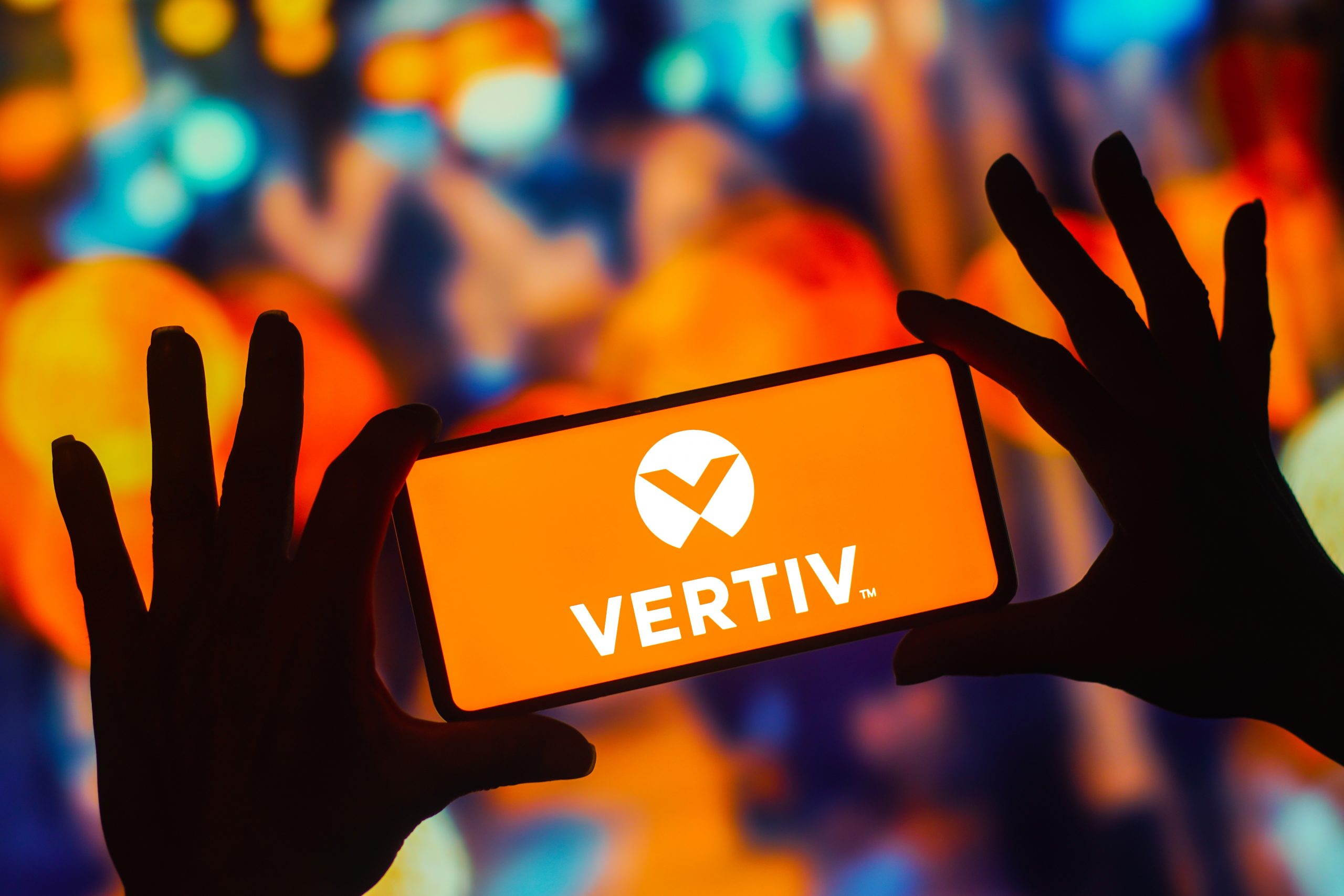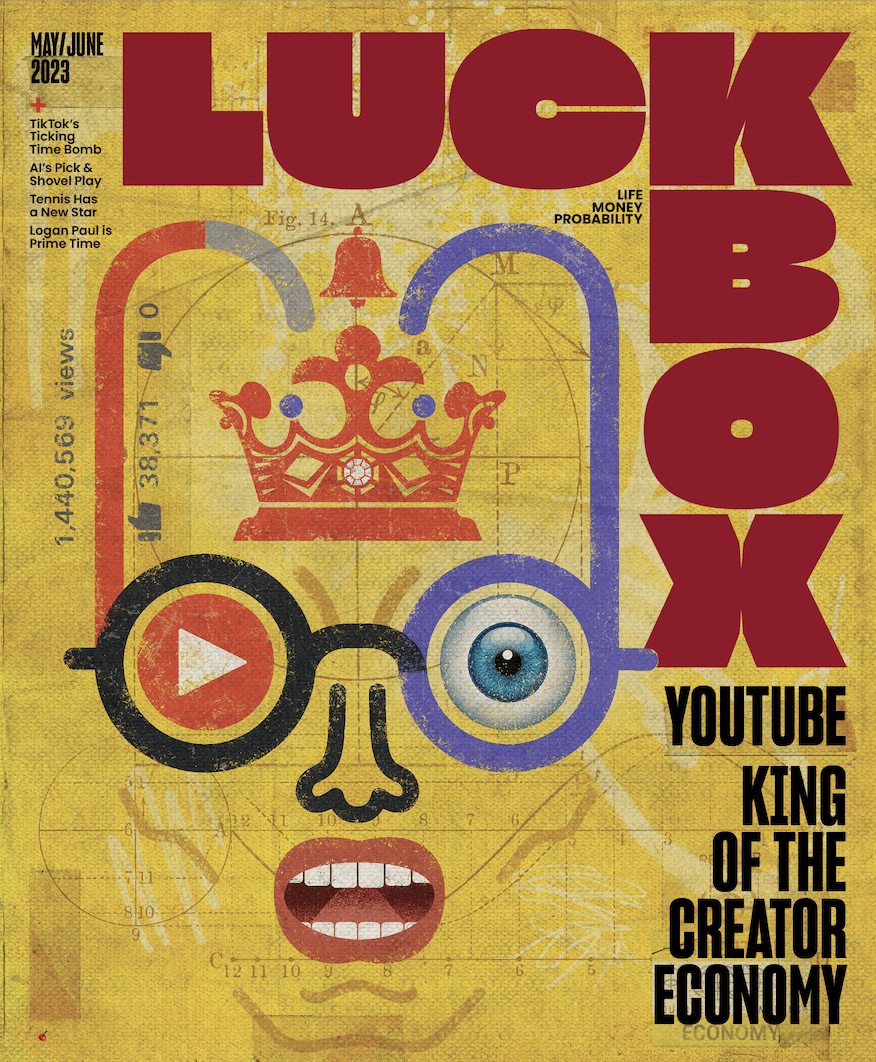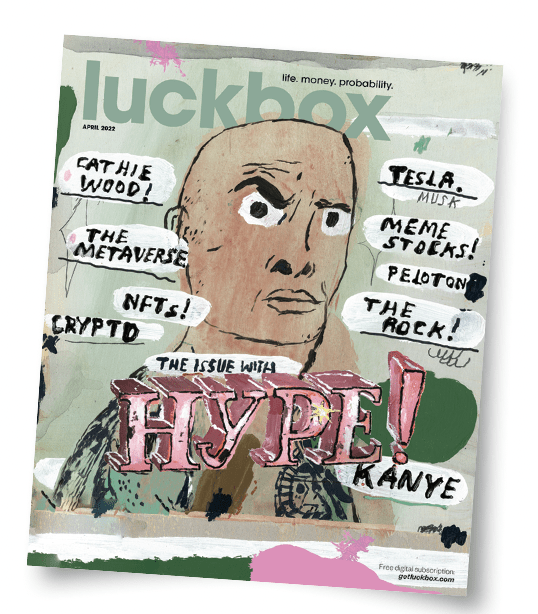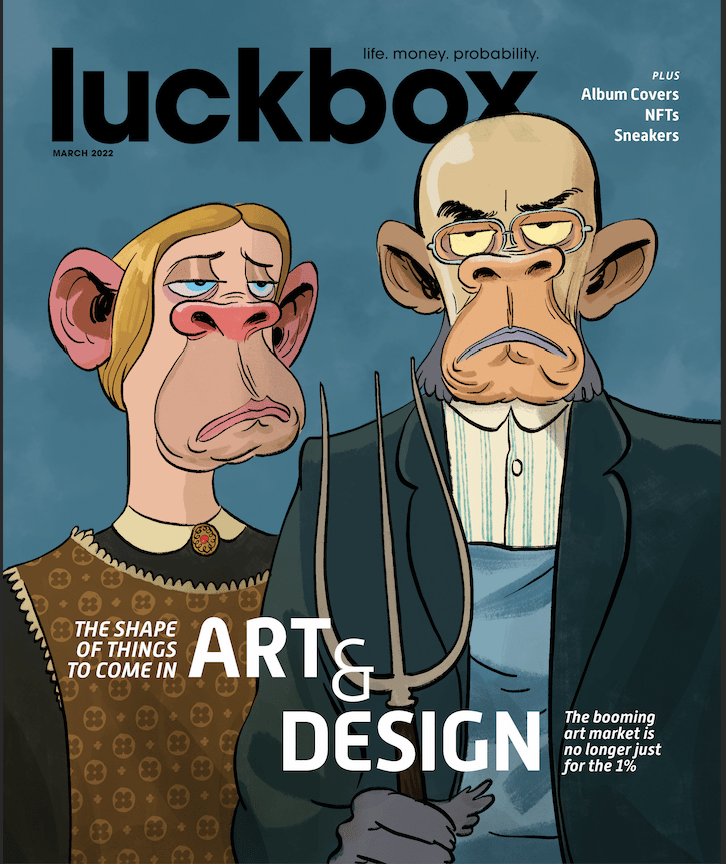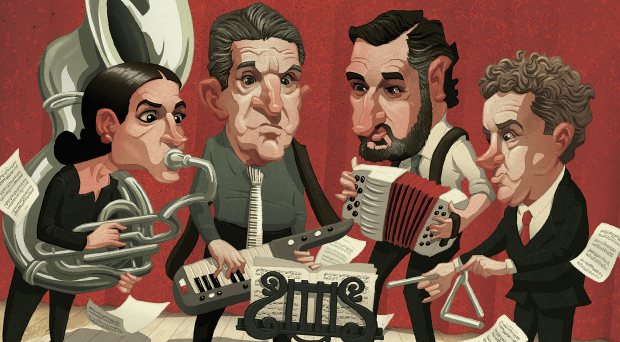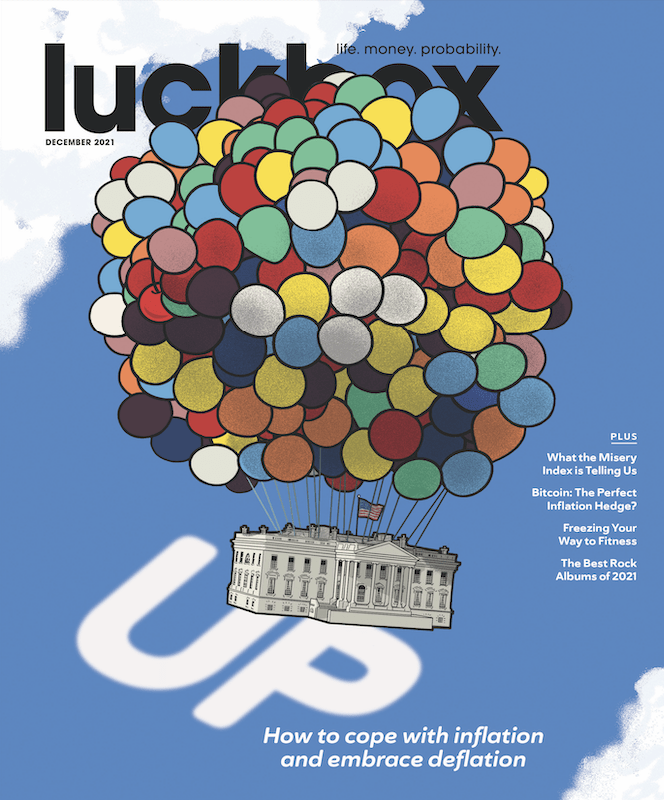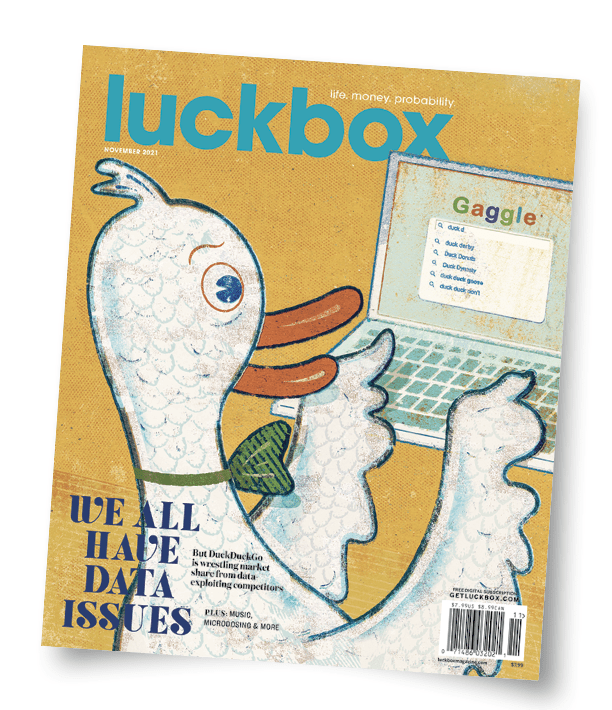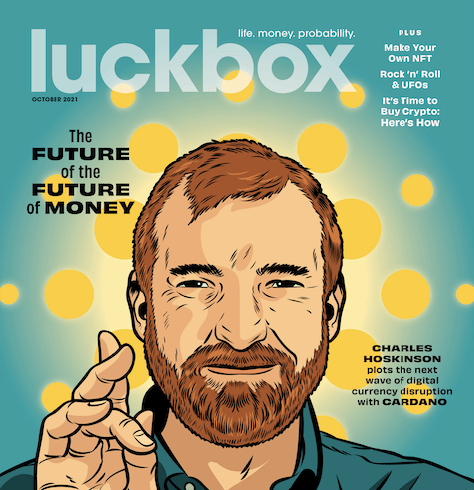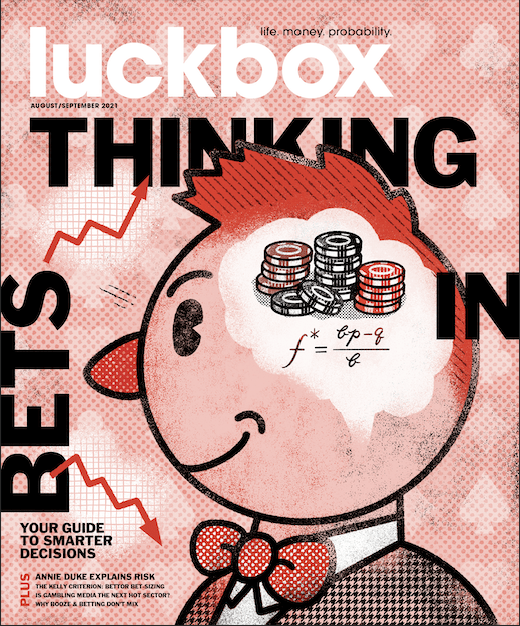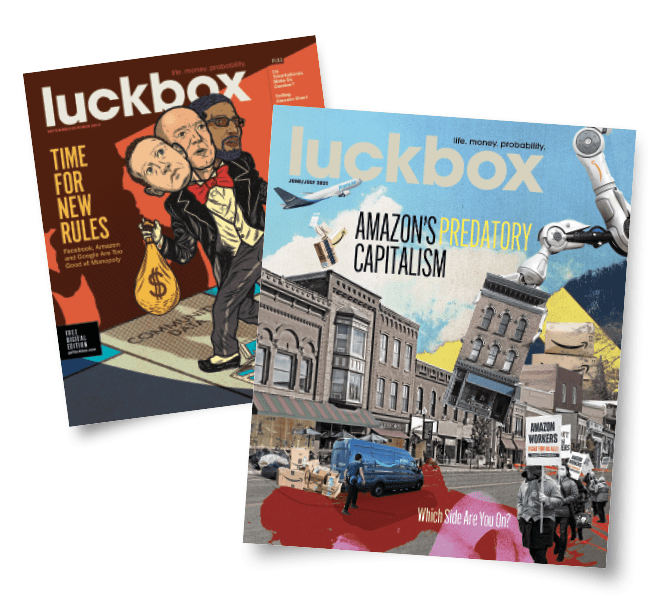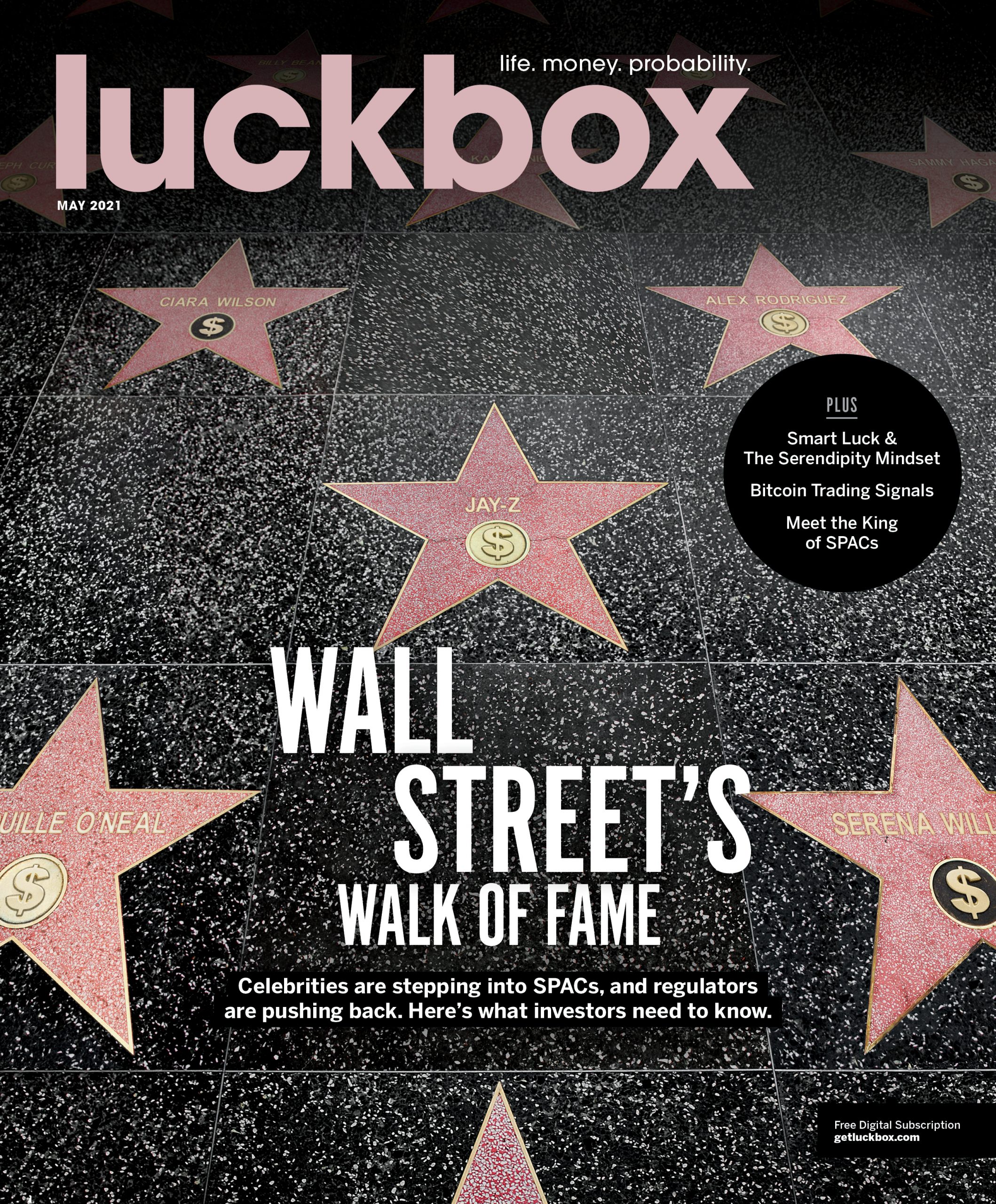AI arrives as a 9-year-old child
Luckbox has been around only four years, but the editorial team and contributors draw upon decades of trading, financial and editorial experience to report on emerging investment and cultural trends.
We’ve seen a lot—from the stock market bubble of the ‘80s to the dot-com bubble of the ‘90s and the housing bubble at the turn of this century. Over the years, the next new things we’ve witnessed have included the internet, mobile phones, social media, 3D-printing, gene-splicing, cloning, the blockchain, Bitcoin, EVs, NFTs, meme stocks and the metaverse.
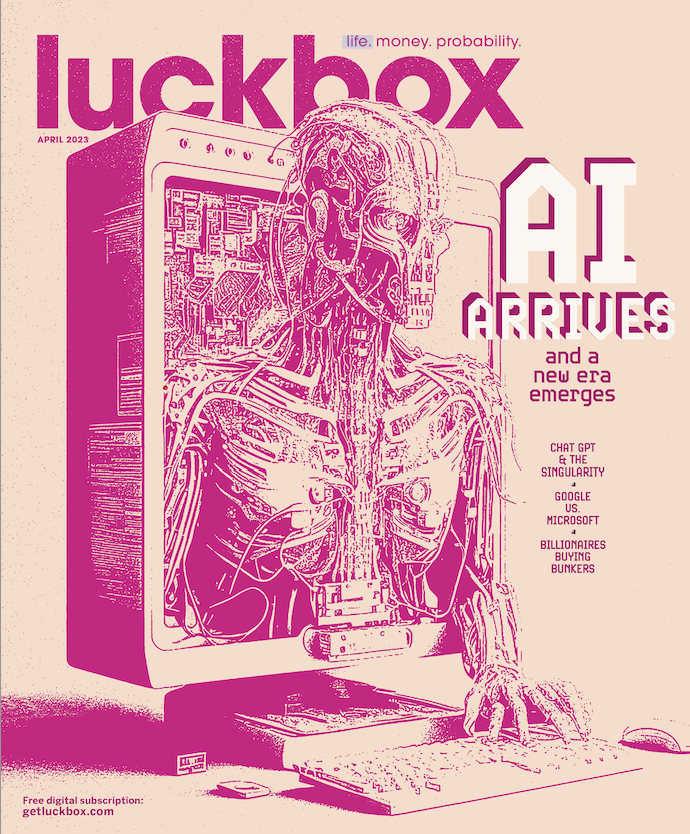
But in our view, no technological advance has been as promising or as astounding as the new era of artificial intelligence that began with the debut of the generative AI capabilities of OpenAI’s ChatGPT.
While it’s our practice to explore at least two sides of nearly any story, we feel compelled to disclose a bias at work in this issue’s reports on the implications and opportunities of large language model-powered machine learning.
Our usual approach to theme-based issues of Luckbox requires engaging a contrarian. For this issue it would have been someone who discounts the importance of AI to society and to investors. But we believe providing a platform for naysayers would be a disservice to our audience of active investors.
In short, we’re believers. Since the late November public debut of ChatGPT’s third version, artificial intelligence has evolved from theoretical to practical overnight. Strap in. In a few short years expect to see AI enabling almost every so-called white-collar profession. Conversational AI-enabled virtual assistants will be ubiquitous as AI becomes an essential productivity companion in nearly everyone’s life.
Google agrees, as evidenced by its “code red” alert. The behemoth has called back founders Larry Page and Sergey Brin to face down the first real challenge to its dominance in search. In the words of Google CEO Sundar Pichai, the implications of ChatGPT’s capabilities are “more profound than fire or electricity.”
OpenAI expects to release ChatGPT-4 this year. The chatbot is expected to be trained on 1,000 times as much data as the current release. It will inspire thousands of tech startups and attract billions in capital in a new AI arms race.
Take the case of the chip giant, Nvidia. ChatGPT runs on an estimated 10,000 Nvidia graphic processing units (GPUs) and is well-positioned to benefit from the ensuing arms race, according to company CEO Jensen Huang.
“This is quite a very big moment for the computer industry—in every way, a new computing era,” Huang says, noting Nvidia is already working with 10,000 AI startups.
But this is only the beginning. A few days before sending this issue to press, we ran across a study by Michal Kosinski, an associate professor of organizational behavior at Stanford University’s Graduate School of Business.
Kosinksi asserts that ChatGPT-3 has likely achieved Theory of Mind (ToM)—the ability to understand unobserved mental states central to human social interactions, communication, empathy, self-consciousness and morality!
He suggests “ToM-like ability (thus far considered uniquely human) may have spontaneously emerged as a byproduct of language models’ improving language skills.”
Holy sh*t!
While there’s still time to enjoy life as we know it(Kosinski pegs the AI’s ability to predict human thoughts and feel empathy at the mental age of a 9-year-old child) there’s little question the new age of AI has indeed arrived.
Count on Luckbox to be an ever-human hand to guide you forward.
Ed McKinley, Editor in Chief
Jeff Joseph, Editorial Director

